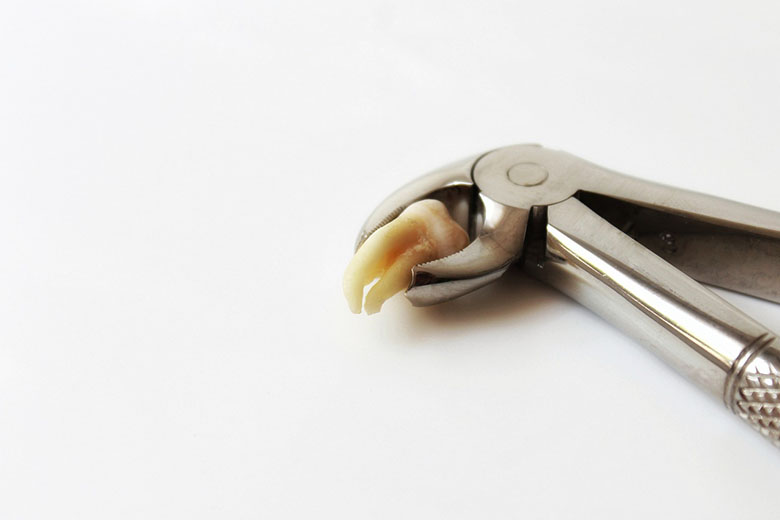
The wisdom tooth usually appears in people aged between 17-25 years old, and is the last molar in the order among the back teeth responsible for grinding food. Wisdom teeth may appear in the oral cavity or may remain buried in the jaw bones for several reasons.
Let’s agree that the option to extract any of the teeth is the last option to be resorted to, so the option to extract the wisdom teeth will remain excluded if it does not cause any problem that cannot be resolved and to avoid falling into any of the problems that can arise from its extraction, such as:
- Injury to the lingual nerve during extraction of the lower wisdom teeth.
- Damage to the adjacent molar during the extraction process.
- Oral transmission.
- Bleeding.

Why Are Wisdom Teeth Difficult?

When a wisdom tooth develops and attempts to erupt, an existing molar can get in the way, making it difficult or impossible for the wisdom tooth to properly erupt. As the third molar pushes its way through, it can knock the adjacent teeth out of place, causing severe discomfort and significant damage to your jawbone, gum tissues, and nearby teeth. If the impacted molar is not excised, the difficulties that come from it will worsen.
When Should You Consider Extracting Them?

When a wisdom teeth gets impacted, the pain makes it clear that it must be pulled. Many people, however, elect to have their wisdom teeth extracted before they cause problems, so avoiding the risk of oral health difficulties. Dentists generally advise their patients to proceed with wisdom teeth removal in an early stage in their life, so to avoid any future complications. If you’re thinking of extracting your wisdom teeth, even if they don’t hurt, go to your dentist for a thorough examination and consultation to see if it’s a wise option.
When Does Removing Widsom Teeth Becomes An Obligation?

The decision to extract the tooth will be made after making sure that it cannot be cured or the problem caused in cases such as:
- A large proportion of the tooth has been exposed to caries and cannot be treated conservatively.
- Molars growing in the wrong direction, causing problems to the teeth or nearby tissues.
- The appearance of disease in the surrounding tissues.
- Cysts and tumors.
- Abscess.
In the event that there is a wisdom tooth buried in the jaw bones that is not causing damage and free of infection ; It is preferable not to take it off to avoid any of the risks that may lead to the operation, and it is preferable to visit the dentist periodically.
Disclaimer: All content and media on our website is created and published online for informational purposes only. It is not intended to be a substitute for professional medical advice and should not be relied on as health or personal advice.